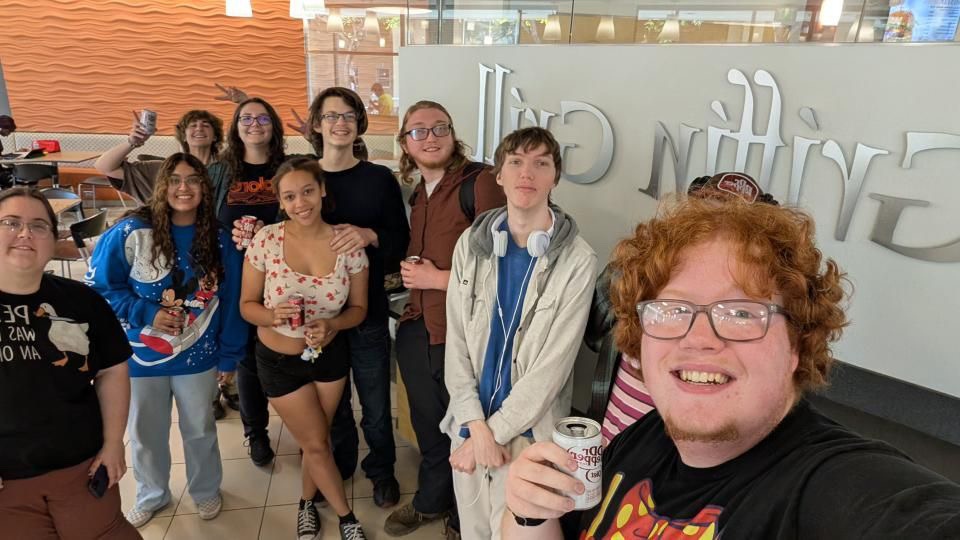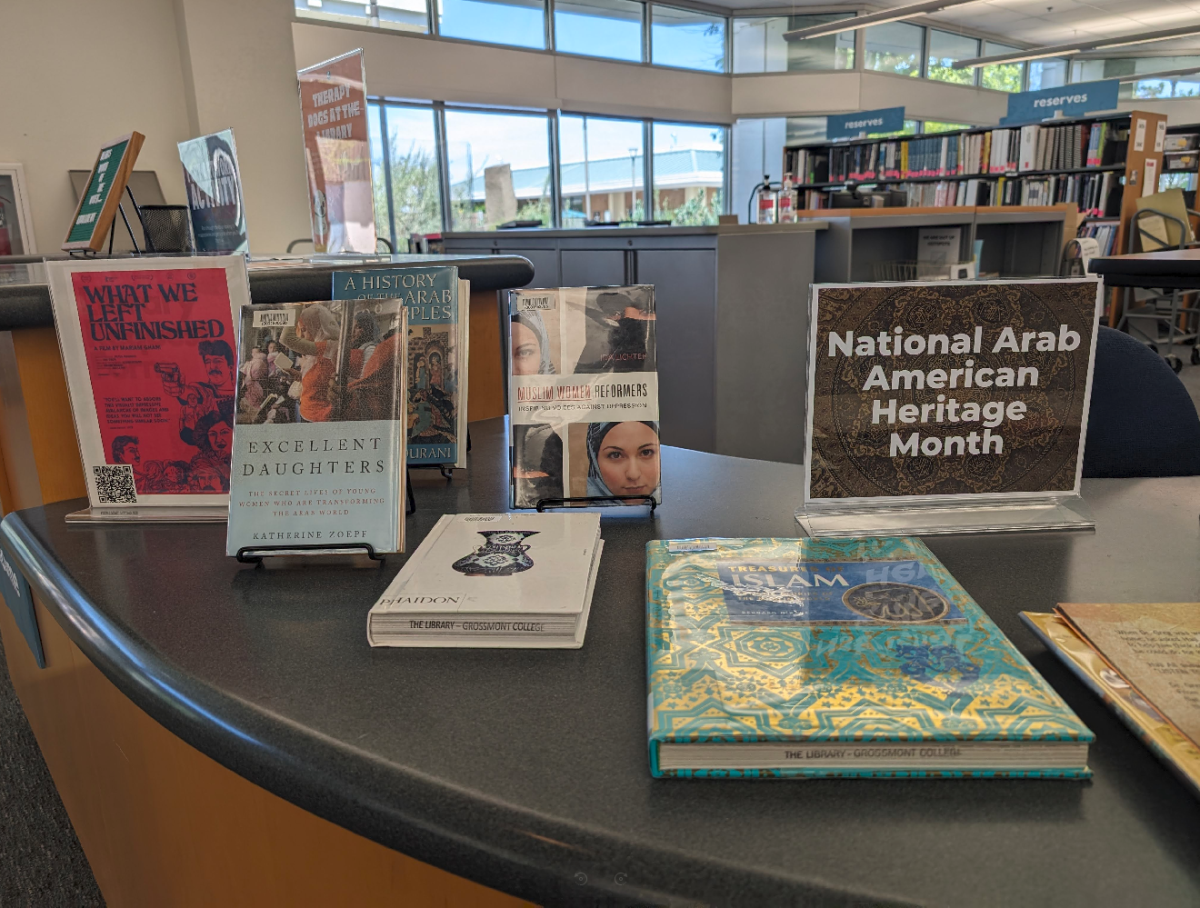GROSSMONT COLLEGE – Students throughout San Diego County are studying the case of Henrietta Lacks, an African American woman whose cervical cancer cells were taken from her without the knowledge of her family, reproduced countless times, and used in many different medical research projects, including efforts to develop vaccines for polio, AIDS and cancers.
The fact that Lacks’ family did not find out how her cells were being used for more than 20 years after her death was used as a point of comparison by guest lecturer Jamie Gates of Point Loma Nazarene College in a discussion at the Fleet Science Center in Balboa Park Oct. 5 about why the South African government has resisted the use of drugs used to fight AIDS in other parts of the world.
As some black people in the United States have been mistrustful of medical research done on them by white doctors and researchers – witness both the way in which Lacks’ family was disregarded, and how in a Tuskegee study, treatment for syphilis was withheld from African-American patients – so too have African nations been mistrustful of medical and drug treatments emanating from colonial powers, said Gates, a sociology professor.
A decision by former South African president Thabo Mbeki to oppose the use of antiretroviral therapies, used in other countries, and to promote instead such
indigenous remedies as beet roots and garlic for the treatment of AIDS was an important factor in the spread of the AIDS epidemic at exponential rates through South Africa, according to Gates, who heads Pt. Loma Nazarene’s Center for Justice and Reconciliation.
While this policy has since been reversed by Mbeki’s presidential successors, Kgalema Petrus Motlanthe and Jacob Gedleyihlekisa Zuma, it was understandable in the context of black suspicion of white medical racism, according to the Point Loma Nazarene sociology professor.
Following Gates’ talk, Grossmont students Karen Amezquita and Thirada Kingphung were interviewed at Grossmont College to tell their reactions. “The event helped opened a lot of topics. It really showed me all the issues involved in the Lacks story,” said Amezquita. “Though Lacks was exploited I don’t think it’s the same case in South Africa because most of the populations with HIV/AIDS are black.”
Kingphung said although the two topics were quite different, she felt it was useful to juxtapose them to explore the issue of how racism affects medical research.
The following events have been scheduled n the continuing academic inquiry into the Lacks case:
OCTOBER 24, MONDAY 2:00 p.m., Room 220 Faculty Panel: “Race, Class, Gender and the History of Medical Access”
OCTOBER 25, TUESDAY 6:00 p.m., Room 220, Grossmont College Student Debate Grossmont’s debate team hosts a student debate with live audience feedback and post-commentary from an interdisciplinary panel of judges.
OCTOBER 26, WEDNESDAY 2:00 p.m., Room 220 Interdisciplinary Presentation Faculty offer insight into their discipline’s perspectives on the book. Students share the results of a campus-wide ethics survey.
OCTOBER 27, THURSDAY 7:00 p.m., Room 220 “Page To Stage” Performance Local theater group offers a dramatic performance of excerpted material from TheImmortal Life ofHenrietta Lacks. Instructors are encouraged to bring their classes.
OCTOBER 31, MONDAY10:00 a.m. – 3:00 p.m. Campus Open House (Library, Biology, Art, Nursing, etc.) Each participating department will have a discipline-specific booth set up with experts prepared to field questions and facilitate discussion.
NOVEMBER 1, TUESDAY 6:30 p.m., Room 220 Film Screening + Guest Speaker/Discussion Miss Evers’ Boys
director Joe Sargent and cinematographer Donald M. Morgan will introduce the film and lead a discussion on the Ethics of Human Subject Research afterward.
NOVEMBER 2, WEDNESDAY 2:00 p.m., San Diego State University 6:00 p.m., University of San Diego (NEW VENUE AND TIME!)
Guest Lecture: Rebecca Skloot Author of the book will be speaking to students at both locations. There will be a
live feed from the Grossmont campus, but all who are interested may enter a lottery for a chance to see Rebecca Skloot live at USD. To register, visit rebeccasklootlottery.eventbrite.com.
________________
*
Burke is a student in Media Comm 132. He may be contacted at [email protected]








